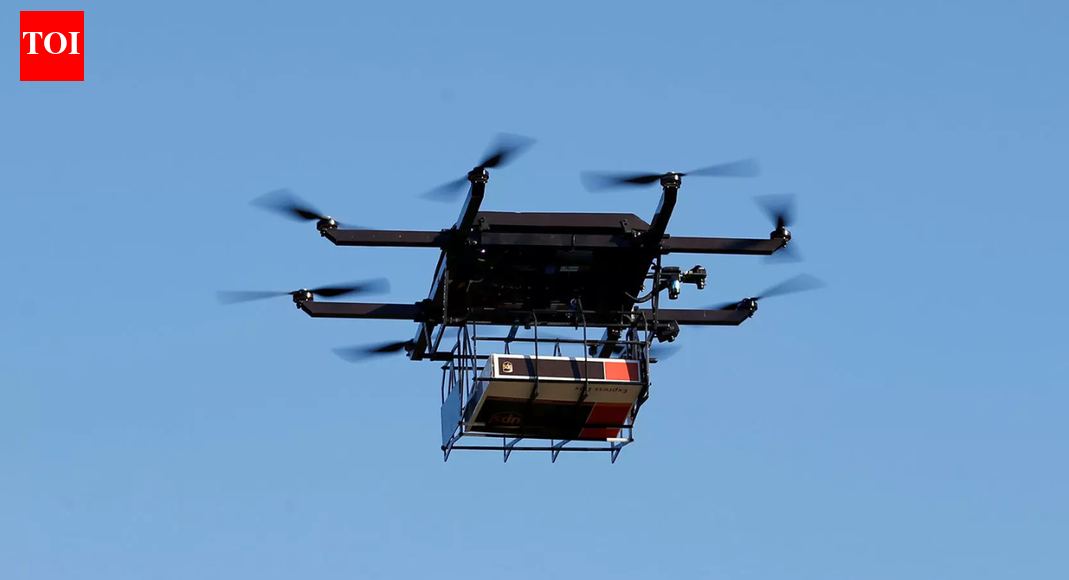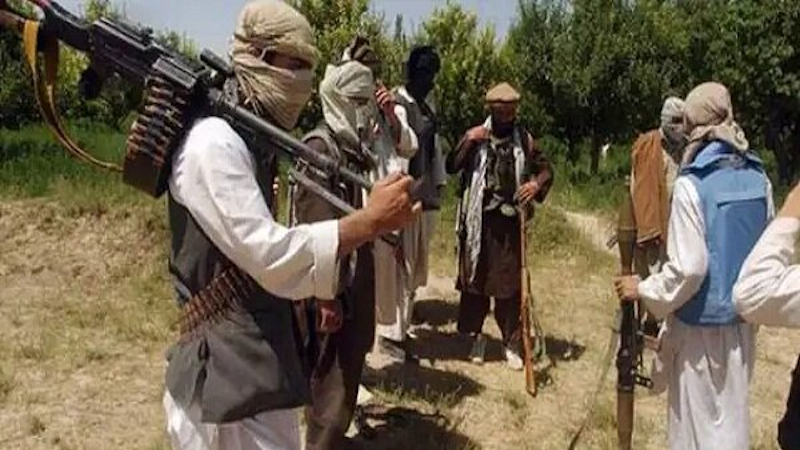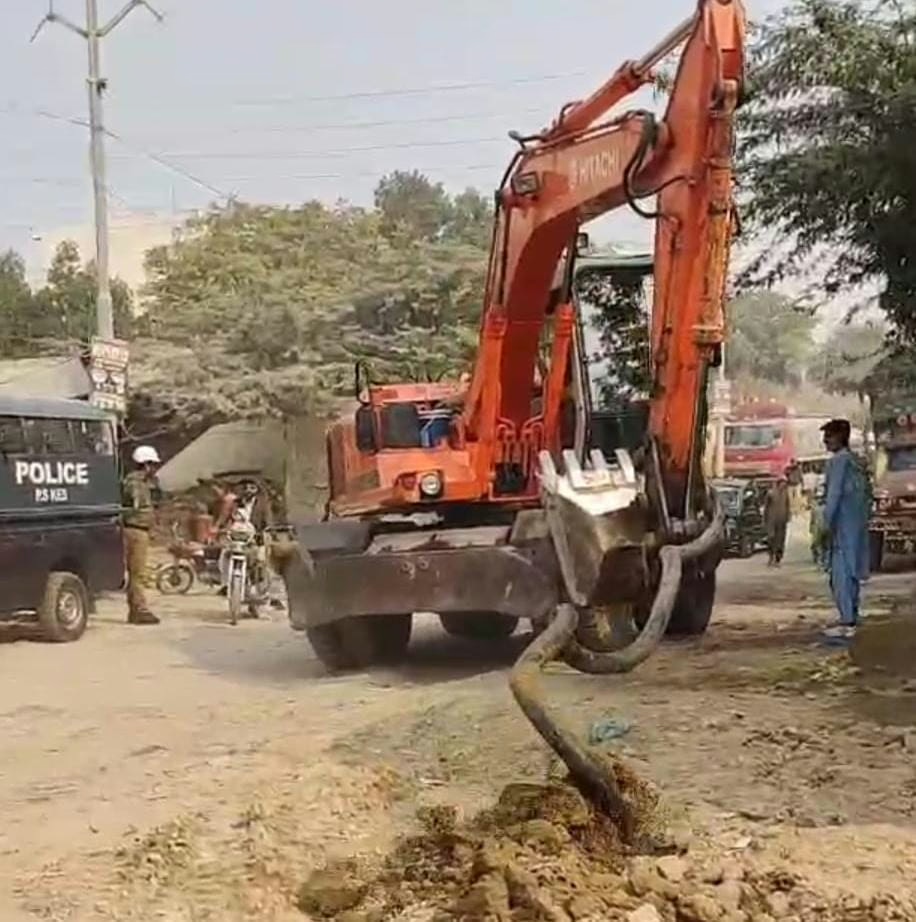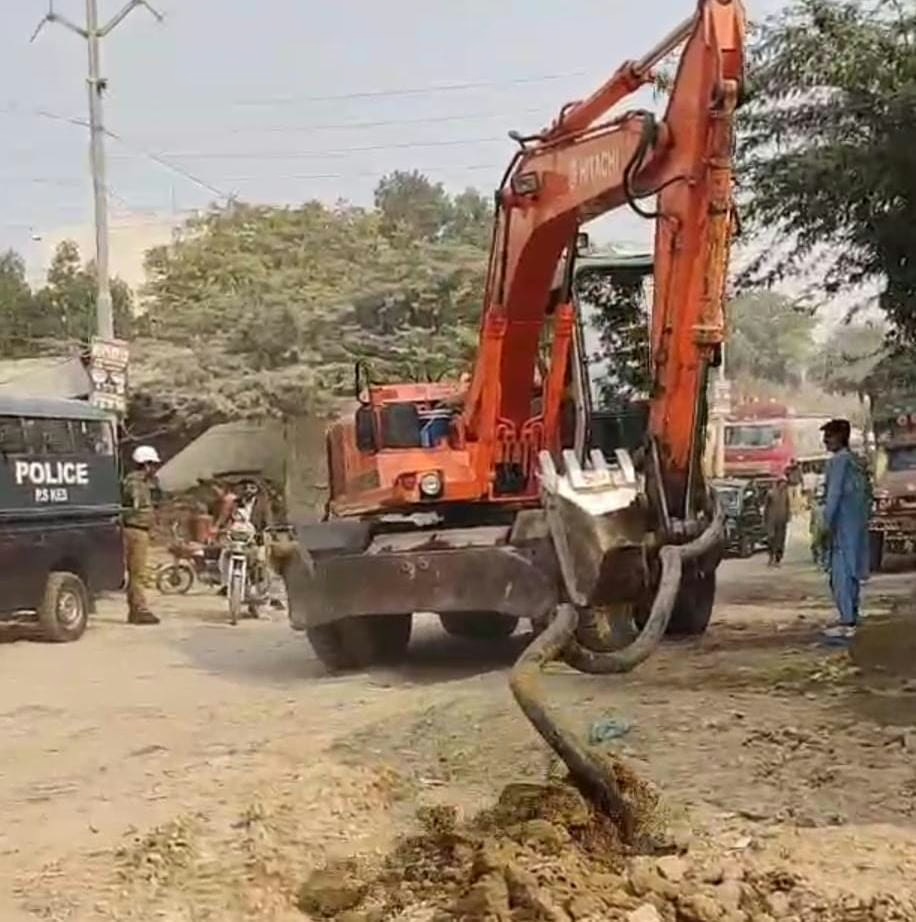That Tehrik-i-Taliban Pakistan (TTP) is an international terrorist organisation is no longer an analysis matter but rather an operation needs which is dictated by the dynamic ground realities. What was once a Pakistan-based militant…
Category: 1. Pakistan
-

Pakistan’s premier offers ‘complete solidarity’ to Saudi Crown Prince after Yemen port strike :: WRAL.com
ISLAMABAD (AP) — Pakistan’s Prime Minister spoke by telephone with the Saudi Crown Prince Mohammed bin Salman on Wednesday to express his “complete solidarity” with the Kingdom following this week’s Saudi bombing of…
Continue Reading
-

Pakistan’s premier offers ‘complete solidarity’ to Saudi Crown Prince after Yemen port strike
ISLAMABAD (AP) — Pakistan’s Prime Minister spoke by telephone with the Saudi Crown Prince Mohammed bin Salman on Wednesday to express his “complete solidarity” with the Kingdom following this…
Continue Reading
-

791 drone incursions in 2025: Defense ministry cites Pakistan-backed infiltration attempts; spoofers, jammers counter threat | India News
NEW DELHI: India reported 791 drone intrusions along the western border during 2025, underlining the increasing use of unmanned aerial systems for smuggling and infiltration, the defence ministry said on Wednesday.According to the ministry’s…
Continue Reading
-
PM Shehbaz stresses need for unity, harmony in Ummah during phone call with Saudi crown prince – Dawn
- PM Shehbaz stresses need for unity, harmony in Ummah during phone call with Saudi crown prince Dawn
- Ishaq Dar, Saudi FM exchange New Year greetings, pledge to strengthen Pak-Saudi ties The Express Tribune
- MBS expresses wish to visit Pakistan in…
Continue Reading
-

‘Not my first rodeo’: meet the 21-year-old serving as Georgia’s youngest state legislator | Georgia
Muhammad Akbar Ali, a 21-year-old recent college graduate, won a runoff election for a state house seat in Atlanta’s suburbs earlier this month, becoming the youngest Georgia state legislator serving today – perhaps the youngest ever.
The key…
Continue Reading
-
Fourteen killed in Bus–van collision in Jhang – RADIO PAKISTAN
- Fourteen killed in Bus–van collision in Jhang RADIO PAKISTAN
- Deadly crash on Faisalabad-Jhang Road kills 14 Dunya News
- Nine killed, several injured as passenger van collides with university bus in Jhang Abb Takk News
- 14 killed, 26 injured as…
Continue Reading
-
Tanveer stresses federal-provincial coordination to ensure food security – RADIO PAKISTAN
- Tanveer stresses federal-provincial coordination to ensure food security RADIO PAKISTAN
- Federal Minister for National Food Security and Research Rana Tanveer Hussain chairs a meeting of the National Wheat Oversight Committee. Associated Press of…
Continue Reading
-
MoRA announces training schedule for intending Hajj pilgrims – RADIO PAKISTAN
- MoRA announces training schedule for intending Hajj pilgrims RADIO PAKISTAN
- Mandatory training programme for Hajj pilgrims to begin on January 1 Dunya News
- Religious ministry urges intending pilgrims to attend training program Associated Press…
Continue Reading


